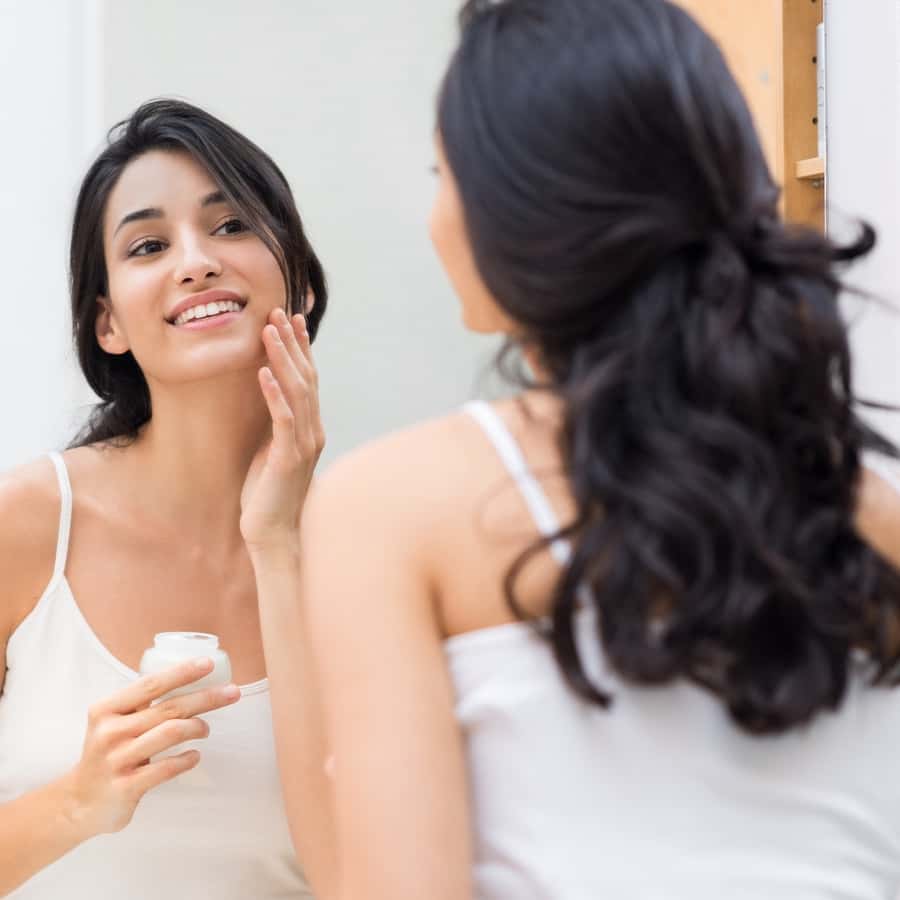
Americans prize a youthful appearance, and we are willing to spend money and go to some effort to stave off wrinkles. Will putting vitamin E oil on your skin help you look young?
Is Vitamin E Oil a Good Anti-Aging Treatment?
Q. I’ve read a lot about the benefits and risks of vitamin E supplements and vitamin E oil, but I can’t find anything reputable about applying vitamin E capsules directly to the skin. Are there similar benefits/risks if I apply vitamin E oil to my face?
I’m interested in this for anti-aging. I’m being pro-active since I’m still relatively young and don’t have lots of wrinkles.
Topical Vitamin E Oil:
A. According to the Linus Pauling Institute, putting vitamin E oil on the skin can increase the amount of this vitamin in skin cells. It helps to protect skin from ultraviolet light (an important source of skin aging), but vitamin E itself breaks down upon UV exposure. Products that combine vitamin E with vitamin C might work better (Valacchi et al, Journal of Dermatological Science, June 2016).
Some types of topical vitamin E appear promising as a way to improve skin absorption of other compounds, such as Coenzyme Q10 (Gavin et al, Drug Delivery and Translational Research, Feb. 2017). CoQ10 taken as a supplement can reduce wrinkles modestly (Zmitek et al, Biofactors, Jan. 2, 2017). Topical CoQ10 has antioxidant and potential anti-aging properties (Knott et al, Biofactors, Nov-Dec. 2015). Perhaps a cream or lotion combining vitamin E and CoQ10 would be worth investigating.
The Downside of Vitamin E Oil:
Dermatologists generally discourage people from putting vitamin E on their skin because of the possibility of an itchy rash due to contact dermatitis (Tanaydin et al, Aesthetic Surgery Journal, Sep. 2016). Protecting your face from excess sun exposure might be the best way to avoid premature aging.

